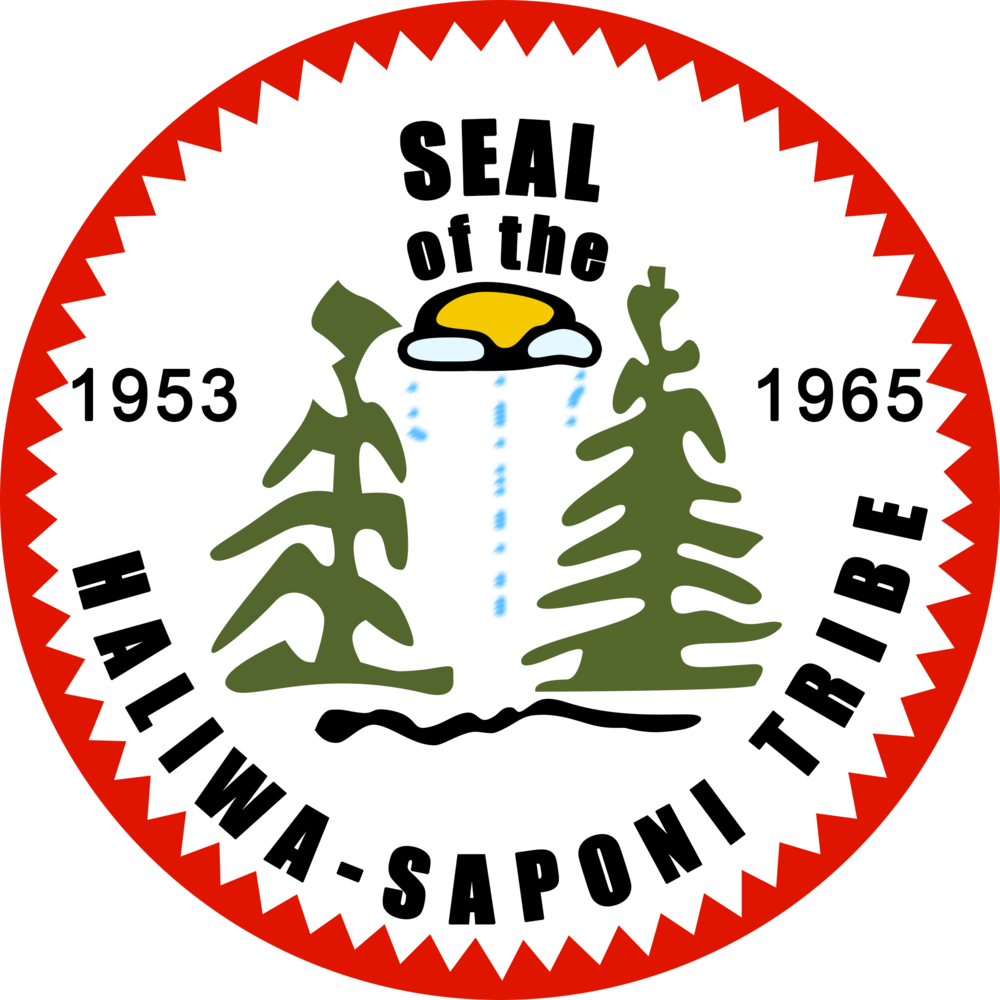Congressman Don Davis today introduced legislation to extend a full federal government-to-government relationship to the Haliwa-Saponi Tribe of North Carolina.
“The Haliwa-Saponi Tribal Recognition Act of 2023 seeks to provide the Haliwa-Saponi Tribe with the federal acknowledgment that has long been overdue,” Davis’s press office said. “Congressman Davis stressed that this federal recognition would honor the tribe's rich history.”
Davis said, "Recognizing the Haliwa-Saponi Tribe's sovereign status is a celebration of their unique cultural heritage and an acknowledgment of their invaluable contributions to our state and nation."
Chief Brucie Ogletree Richardson said, “We are so thankful for the support of Congressmen Don Davis and G. K. Butterfield before him and all of the others who have helped our tribe reach this historic day for which we have anxiously waited.”
Gideon Lee, chair of the tribe, said, “This is a historic moment for our tribe, and we are so grateful to Congressman Davis and so grateful for the support of Halifax and Warren counties. Our forefathers have waited for this moment for a long, long time.”
Davis’s press office said the tribe has over 4,000 members who reside in eastern North Carolina, “where its strong relationship with its non-Indian neighbors stretches back countless generations. Halifax and Warren counties strongly support full federal recognition for the tribe,” and “Congressman Davis’s legislation ensures that the historic North Carolina American Indian tribe will finally be treated equally under federal law with other federally recognized American Indian tribes in other parts of the country.”
Congressional Record
According to the Congressional Record from April, Davis had alluded to the proposed legislation from the floor, telling the speaker, “I rise to highlight the Haliwa-Saponi Tribe. The tribe has over 4,000 members living in the First Congressional District of North Carolina. The tribe, led by their fearless Chief Richardson, welcomed people near and far as they celebrated 58 years of state recognition.”
Davis then spoke of attending the tribe’s pow wow in Hollister, the first in three years since COVID. “The pow wow … celebrates a rich history and strong cultural heritage filled with traditions passed down from generation to generation. Mr. Speaker, I am thrilled to announce that I will soon introduce legislation calling for their federal recognition.”
Butterfield proposal
Butterfield in December of 2022 had introduced similar legislation called the Haliwa-Saponi Indian Tribe of North Carolina Recognition Act.
Butterfield’s document stated the tribe is a confederated one that is a political successor to the historical Saponi Nation and to the Nansemond and affiliated tribes that inhabited the piedmont and coastal regions of what are now Virginia and North Carolina.
The name Haliwa is a geographical designation that is derived from the physical location of the tribe, which is primarily in Halifax and Warren counties.
Butterfield noted in 1733, the Saponi Nation made peace with the Tuscarora and moved to a portion of the Tuscarora reservation in modern Bertie County occupying a village known as Sapona Town.
In 1754, Captain William Hurst observed the residence of Saponi warriors and many women and children on Colonel William Eaton’s lands in the Granville District — modern Granville, Warren, and Vance counties.
In 1761, the Saponi Indians were living on 10,000 acres of land in the Granville District on and near the Roanoke River along with the Meherrin and Tuscarora.
In Virginia, as acknowledged by congress in the Thomasina E. Jordan Indian Tribes of Virginia Federal Recognition Act of 2017 there were two sections of the Nansemond tribe, one of which remained in Virginia and was accorded federal recognition in 2018 concurrently with five other tribes still resident in Virginia by that same statute.
Another section of the Nansemond tribe had migrated to North Carolina due to hostilities in Virginia, and enrolled citizens of the Haliwa-Saponi Indian Tribe include lineal descendants of those Nansemond.
After the American Revolution the Nansemond and Saponi merged together for mutual protection and survival in Halifax, Warren, Nash, and Franklin counties, in an area known as The Meadows.
Among the surrounding communities, the Haliwa-Saponi Indian Tribe has often been referred to as the Meadows Indians.
In 1889, Warren County resident G.B. Alston wrote to Smithsonian Institution anthropologist James Mooney and confirmed the residence of a tribe of 300–600 Indians in The Meadows in Halifax and Warren counties. “The Tribe has continually existed as a separate community, with leaders exhibiting clear political authority.”
Butterfield’s documentation also notes that while local non-Indians recognized the Indian and tribal identity of the Haliwa-Saponi, “others insisted on classifying tribal citizens as colored rather than Indian, due to segregation.”
During the era of school segregation, the tribe opened its own school, the Haliwa Indian School, operated with the tribe’s own funds. Since 1957 the state of North Carolina has had continuous dealings with the recognized political leaders of the Haliwa-Saponi.
In 1957, the tribe opened the Haliwa Indian School.
Between 1960 and 1963, students from the Haliwa-Saponi Indian Tribe attended Bacone College for Indians in Muscogee, Oklahoma.
In 1965, the Haliwa-Saponi Indian Tribe won a lawsuit against the North Carolina Division of Vital Statistics to correct the race of Haliwa-Saponi citizens on official records to read Indian.
In 1965 the state of North Carolina took formal legislative action recognizing the Haliwa-Saponi Indian Tribe.
In the early 1970s, local public school districts started receiving federal funds from the department of education’s Office of Indian Education for Haliwa-Saponi Indian students and in 1998, the Haliwa-Saponi Indian Tribe began receiving a formula allocation from the Department of Housing and Urban Development, Native American Housing Assistance and Self Determination Act.
In 2000, the tribe opened the Haliwa-Saponi Tribal School, a charter school under the state of North Carolina, at the location of the original Haliwa Indian School, and the school currently receives federal funds from the department of education.








